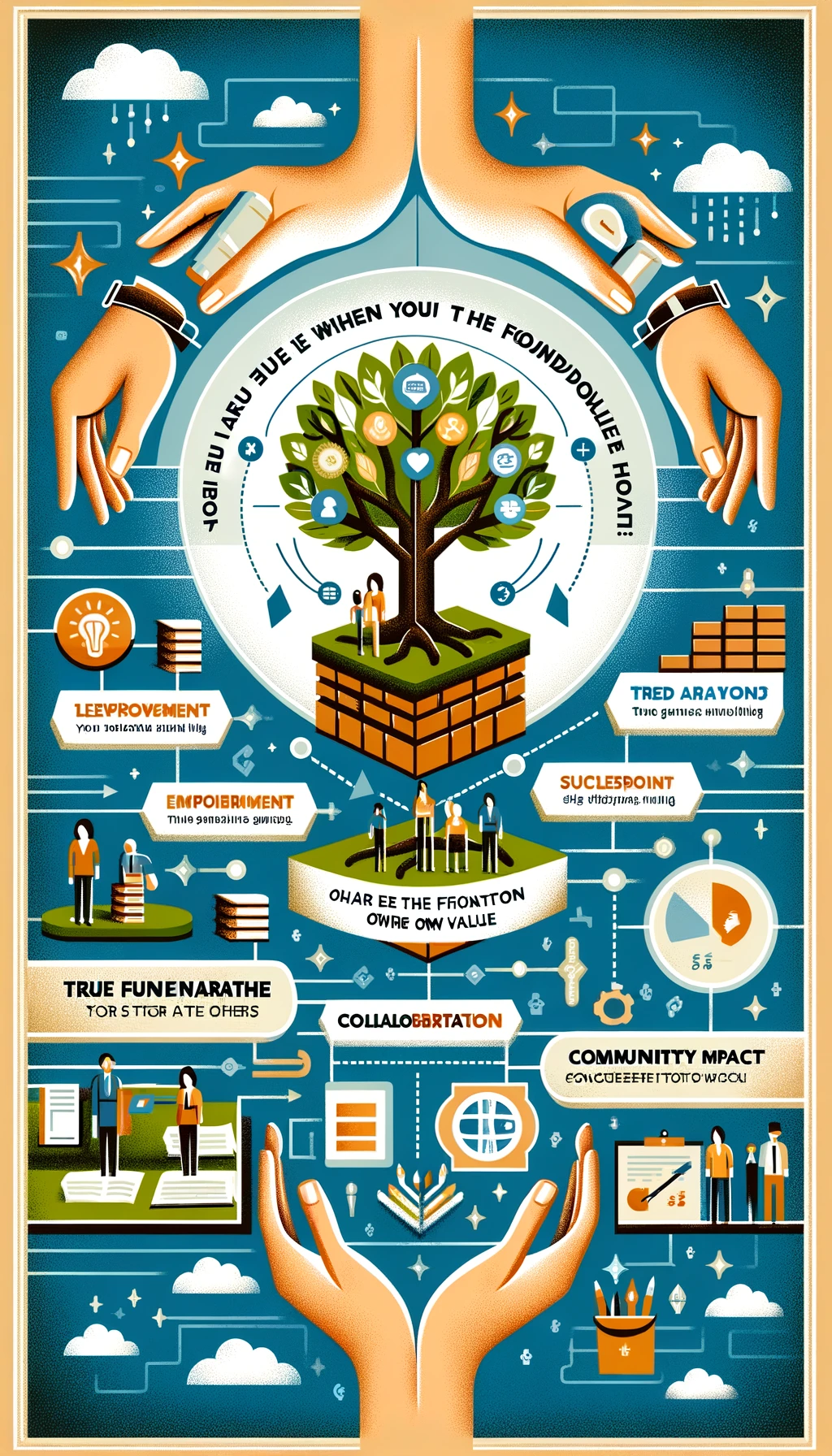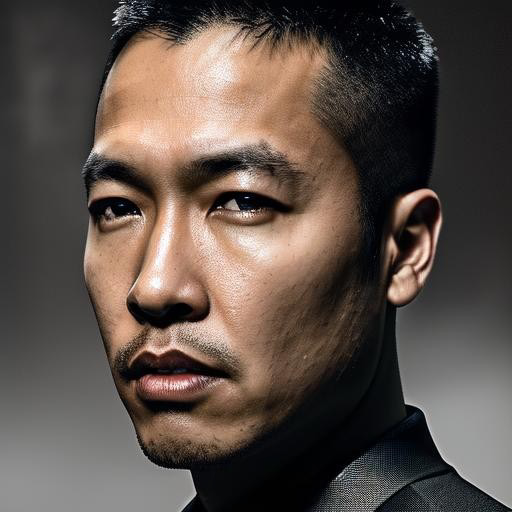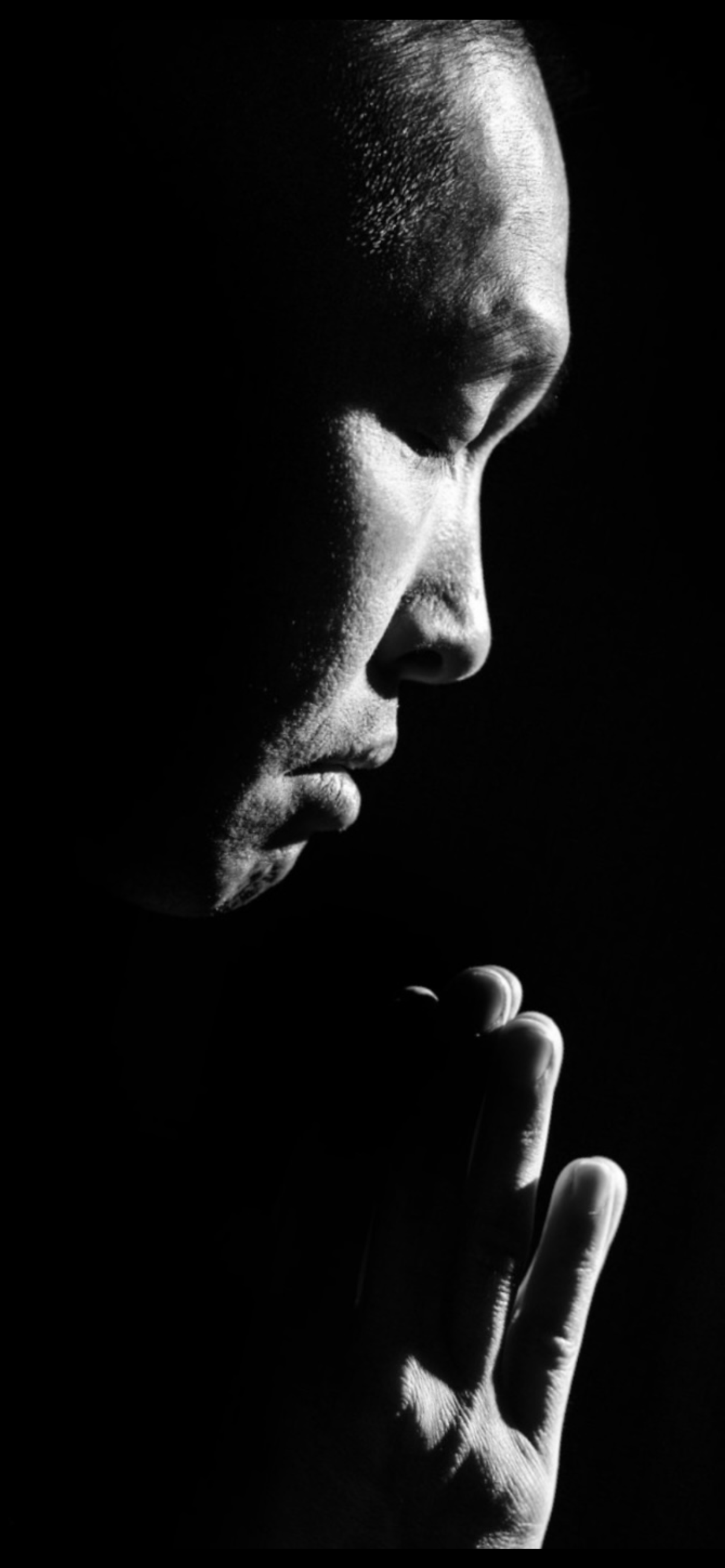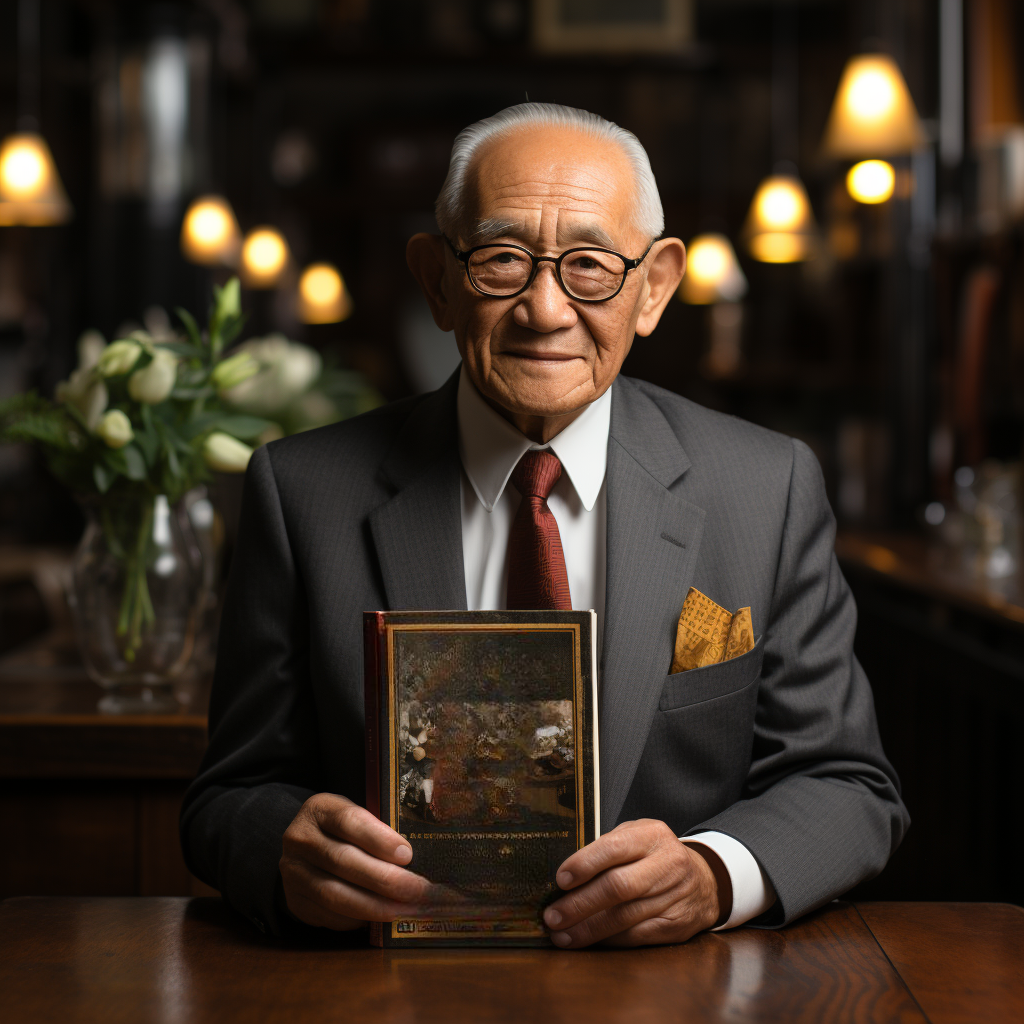In the heart of Louisville, KY, a remarkable meeting took place at Liquor Barn between two extraordinary individuals, Di Tran, a Vietnamese immigrant and proud American, and Steven Yeng, a refugee from Cambodia. Both men, hailing from humble beginnings, have carved out successful paths in the world of entrepreneurship and spirits, showcasing the power of resilience, belief, and the American dream.
Di Tran, a man of many talents, is not only a nurse, licensed nail technician, and computer engineer but also a serial entrepreneur. With a journey that began in dirt-poor Vietnam, Di and his family sought refuge in the United States, where they worked tirelessly to build a better life. Di’s relentless drive and passion for education led him to establish multiple businesses, including the Louisville Beauty Academy and a chain of nail salons, before venturing into the world of bourbon with his exclusive BELIEF collectible bourbon.

On the other side, Steven Yeng’s story mirrors that of Di Tran’s. As a refugee from war-torn Cambodia, Steven grew up in a world far removed from the comforts many take for granted. His fascination with peanut butter, a novel flavor in his new homeland, inspired him to create a best-selling peanut butter whiskey cocktail at his bar and restaurant. Alongside his wife Brittany, a lawyer and chemist, Steven developed Skrewball Peanut Butter Whiskey, a spirit that celebrates diversity and the unconventional paths that lead to success.
The meeting between Di Tran and Steven Yeng was a moment of mutual admiration and recognition of their shared journey from adversity to prosperity. Di Tran, out of excitement and respect, offered Steven a bottle of his BELIEF bourbon, a symbol of their common belief in the power of hard work and determination. Their encounter was a testament to the fact that, regardless of one’s background, success is attainable through perseverance and a strong belief in one’s dreams.
As they exchanged stories and took pictures, Di Tran and Steven Yeng looked forward to future conversations, each wishing the other continued success. Their meeting serves as an inspiration to all, reminding us that the American dream is alive and well, fueled by the belief in oneself and the unwavering spirit to overcome obstacles.
In a world where stories of success often overshadow the struggles behind them, the tales of Di Tran and Steven Yeng stand as beacons of hope, reminding us that from the most challenging circumstances can emerge the most remarkable achievements. Here’s to the dreamers, the believers, and the trailblazers who show us that anything is possible when you hold onto your belief and strive for greatness.










